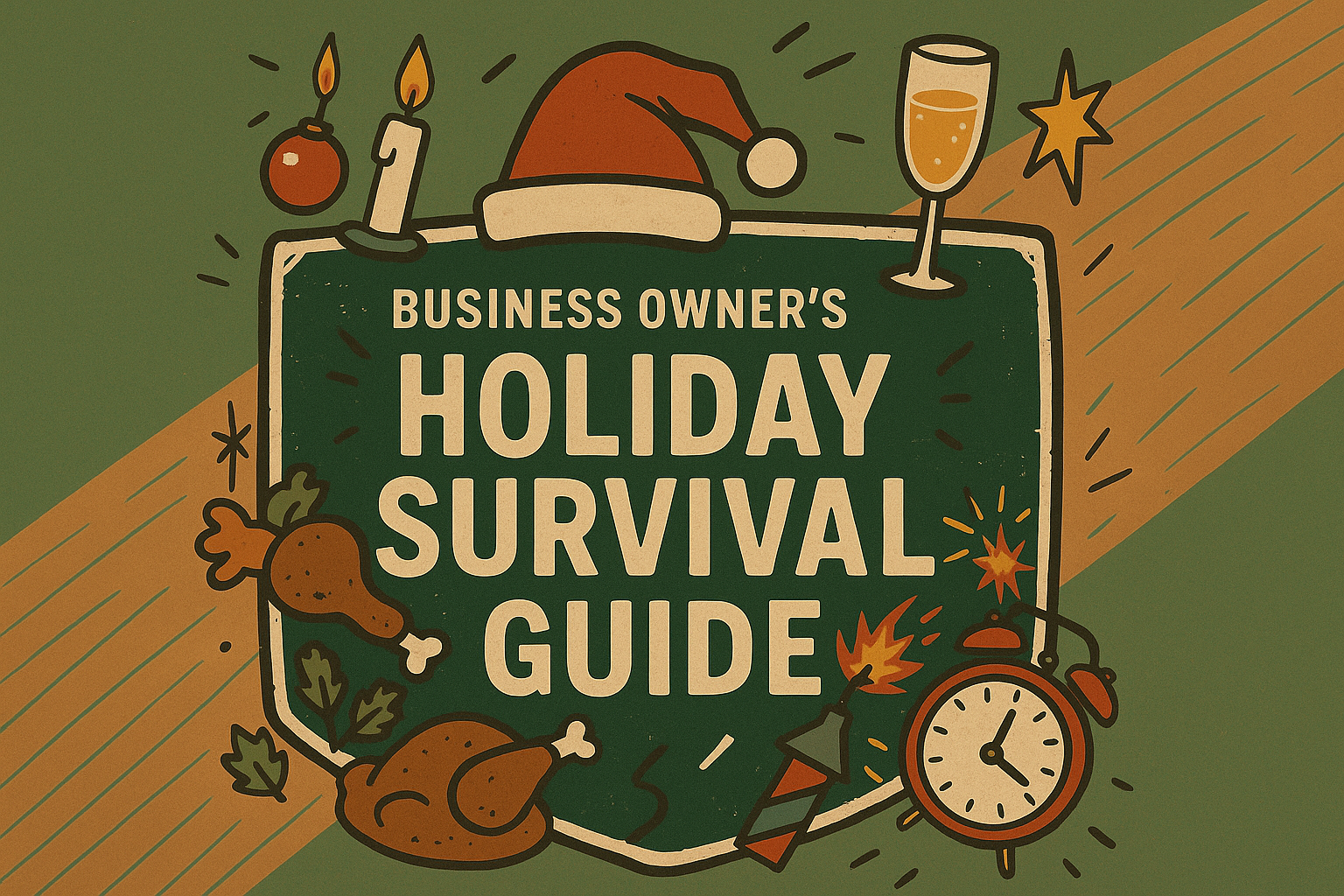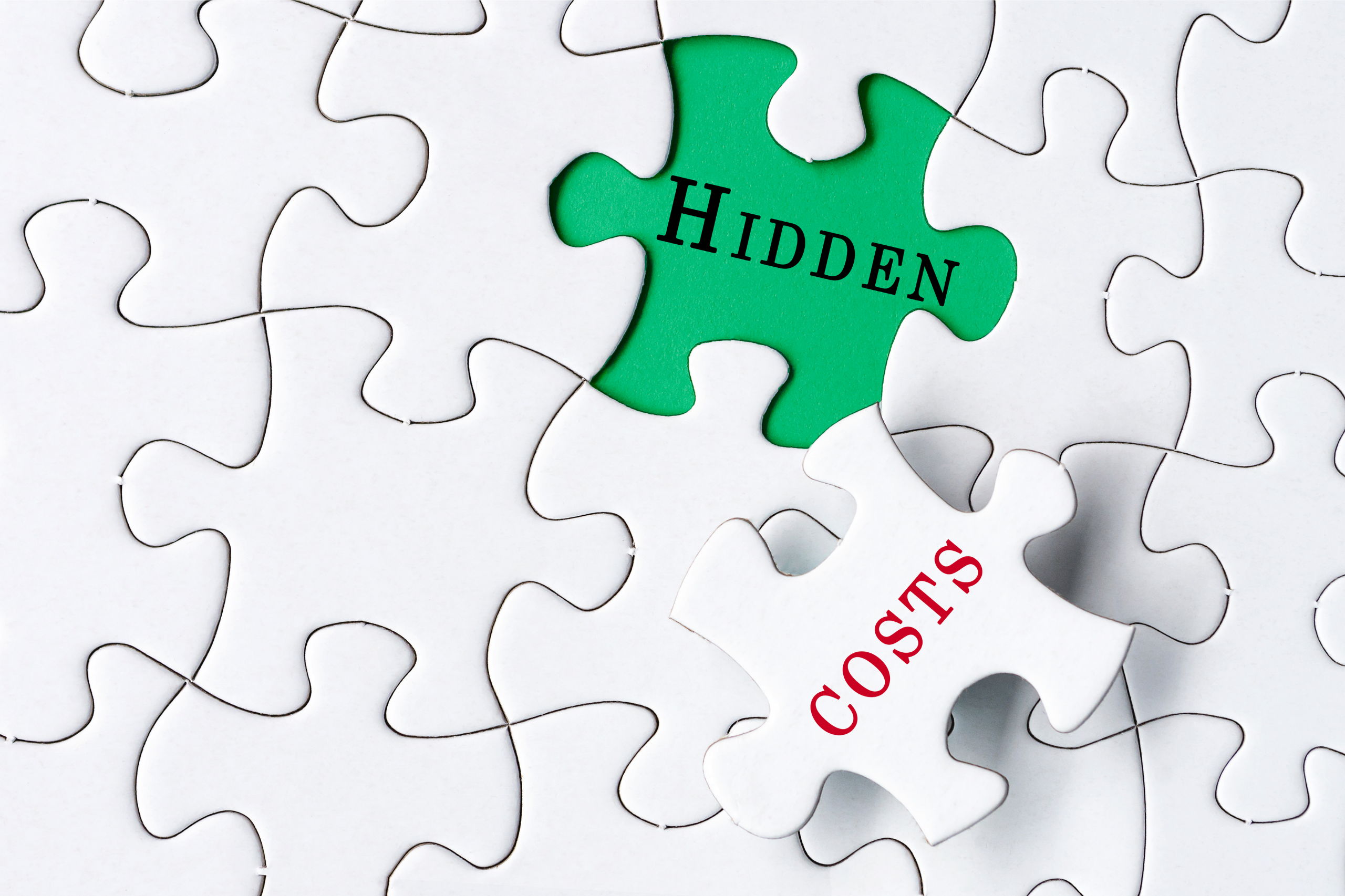1-10 of 247 results
-
5 Things To Do With Your Payroll Before December 31
Year-end is one of the busiest times for business owners and payroll is often the area that needs the most attention. A few quick checks now can prevent January headaches, incorrect W-2s, and unnecessary IRS notices. Here are the five… -
Common Myths About Audits
Navigating an IRS audit can feel intimidating, but the truth is much simpler—and far less scary—than most people think. When you understand what the IRS actually looks for and how audits really work, you can move forward with a lot… -
Building A Thanksgiving Dinner Kind Of Business
Thanksgiving is one of the most organized, strategic, and high-pressure days of the year…So is running a business. When you think about it, the two have a lot in common: timing matters, prep work matters even more, and if you… -
Business Owner’s Holiday Survival Guide
Because your to-do list shouldn’t look like Santa’s. Ah, the holidays. That magical time when your inbox doubles, your staff disappears, and your accountant gently reminds you that December 31 isn’t just New Year’s Eve…it’s the last day to fix… -
IRS Safe Harbor Rule: The Smart Way To Handle Quarterly Taxes
Ever feel like dealing with the IRS is a game of “guess the number”? It usually plays out like this: IRS: You owe us taxes.You: Okay… how much?IRS: That’s for you to figure out.You: So if I just send what… -
The Hidden Costs Of Having One Person Do Your Bookkeeping And Taxes
Many small business owners try to save money by having one person handle both their bookkeeping and taxes. On the surface, it sounds convenient—just one point of contact, one person to “handle it all.” But in reality, this choice can… -
Do You Really Know What Your Profit Is?
Many small business owners proudly look at their revenue numbers and think, “I’m doing great!” But here’s the truth: revenue is not profit. Confusing the two can cause serious problems—overspending, under-saving, and ultimately stalling your growth. Let’s break this down… -
QuickBooks Support Scam Alert: What Small Business Owners Need to Know
Recently, one of our bookkeeping clients experienced a QuickBooks Online (QBO) scam that we want to share as a warning to other business owners. She contacted QuickBooks support through the Help menu inside QBO—something most of us would consider safe…. -
5 Habits That Make Things Harder For your Bookkeeping Processes
You’re careful with your business. You try to stay organized. So why does your bookkeeping still feel like a mess? It might not be about how much work you’re doing—it might be how you’re doing it. Some of the most… -
3 Financial Habits That Separate Struggling Business from Successful Ones
We’ve seen it time and time again—two business owners in the same industry, offering similar services, but with wildly different outcomes. One is constantly behind, stressed about money, and unsure what’s going on with their finances. The other? Focused, confident,…










